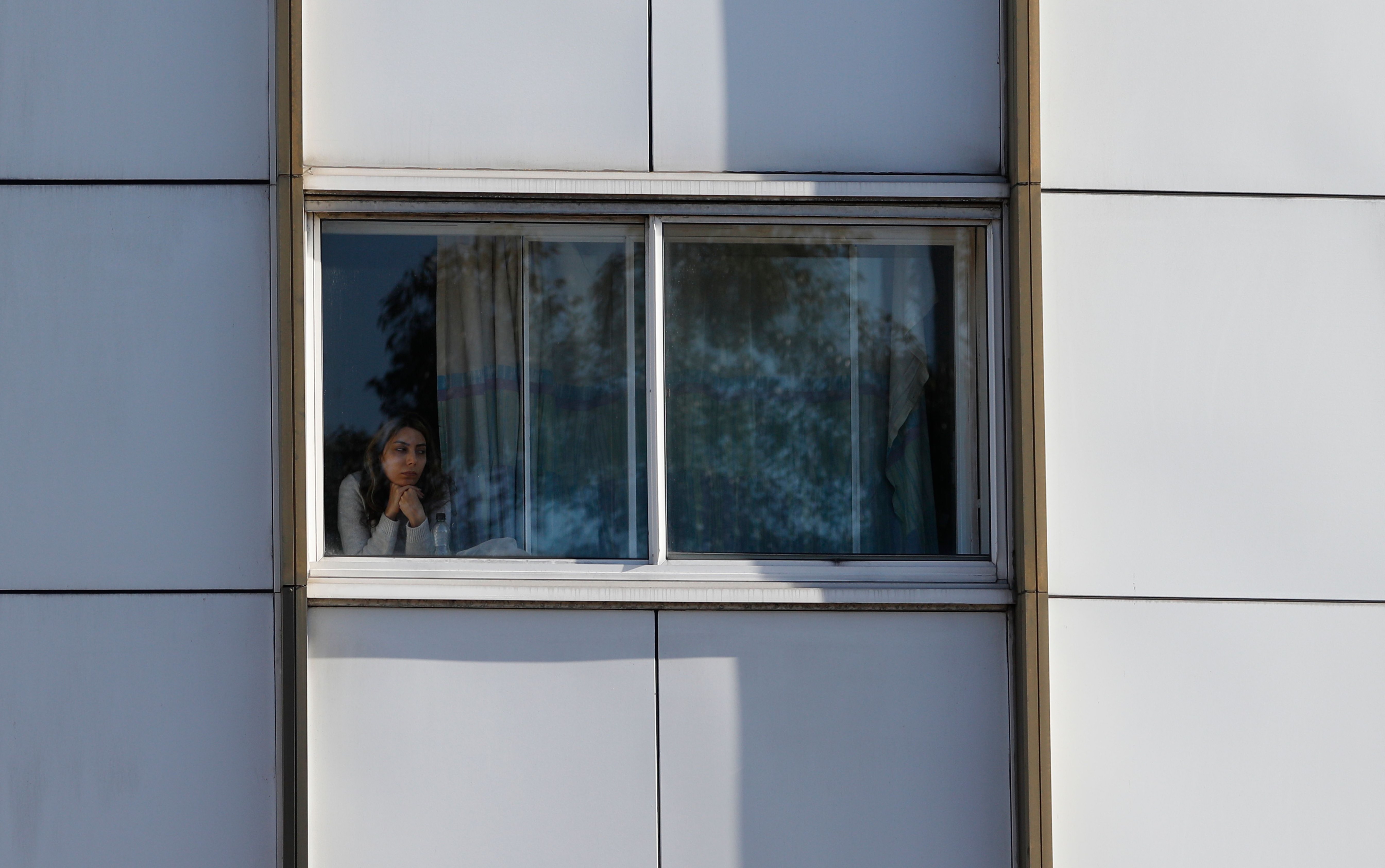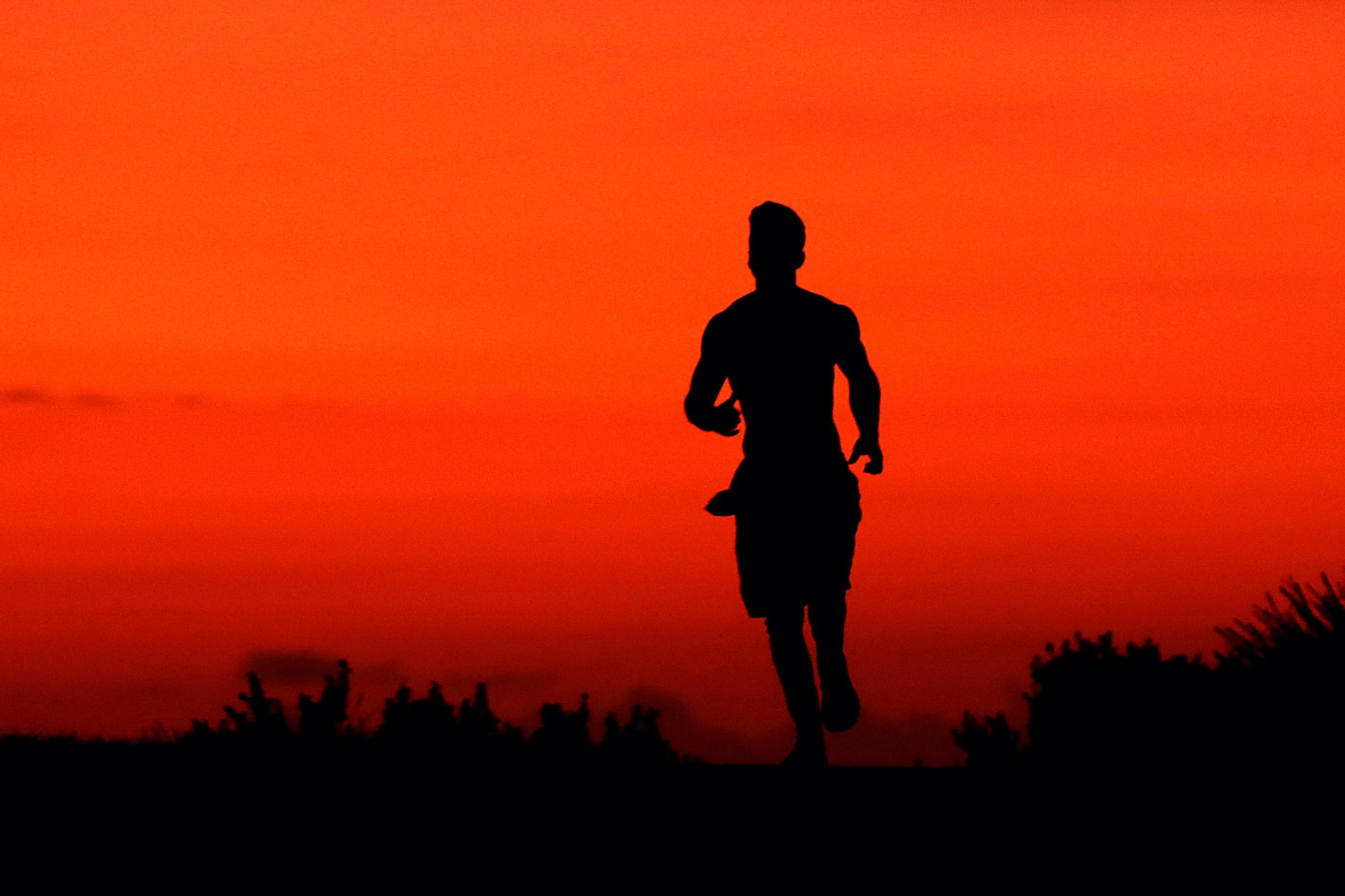
Health & Medicine
What is COVID-19 doing to our mental health?

Dr Grant Blashki, a GP, professor of global health and lead clinical advisor at Beyond Blue, helps us understand our mental health during isolation
Published 6 May 2020
“I think a unique thing about this COVID pandemic is it’s been a real triple whammy for a lot of people,” says Dr Grant Blashki who is a GP, Associate Professor at the Nossal Institute for Global Health, University of Melbourne and lead clinical advisor at Beyond Blue.
“People are obviously worried about their health, not getting the infection. Secondly, many have lost jobs or are under a lot of financial pressure at the moment.
“Thirdly, their home life has been drastically transformed. For some people, it might be that they’re home on their own. For others, they might find suddenly they’re in a very busy household with partners and kids,” he says.

Health & Medicine
What is COVID-19 doing to our mental health?
Working with Beyond Blue, Dr Blashki has been encouraging people to be proactive about maintaining their mental wellbeing.
“Sometimes we do just have to shut off, particularly if the media is getting too much,” he says. “Your mind isn’t designed to be on all the time, it actually gets exhausting.”
“And routine is really useful. I recommend that people create a schedule for the day and the week.” Dr Blashki also recommends one pleasurable activity and one activity that gives you a sense of achievement each day.
“Something that you like doing, going for a walk, if you can, depending on your isolation situation, “ he says. “Or reading a book, watching your favourite show, and one achievement activity. That might be enrolling in an online course you’ve been wanting to do or fixing up your CV or cleaning that cupboard that you’ve been ignoring.”
“We also tend to underestimate ourselves, and most of us have got a bit more resilience than we think,” he says.
Beyond Blue Coronavirus Mental Wellbeing Support Service - 1800 512 348 or coronavirus.beyondblue.org.au
1800 RESPECT - 1800 737 732 or 1800respect.org.au
Lifeline - 13 11 14 or lifeline.org.au
Episode recorded: April 14, 2020.
Interviewer: Dr Andi Horvath.
Producer, audio engineer and editor: Chris Hatzis.
Co-production: Silvi Vann-Wall and Dr Andi Horvath.
Banner: Getty Images